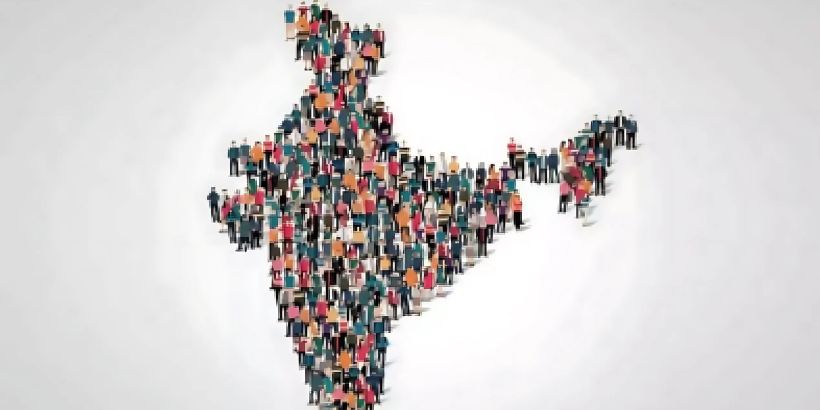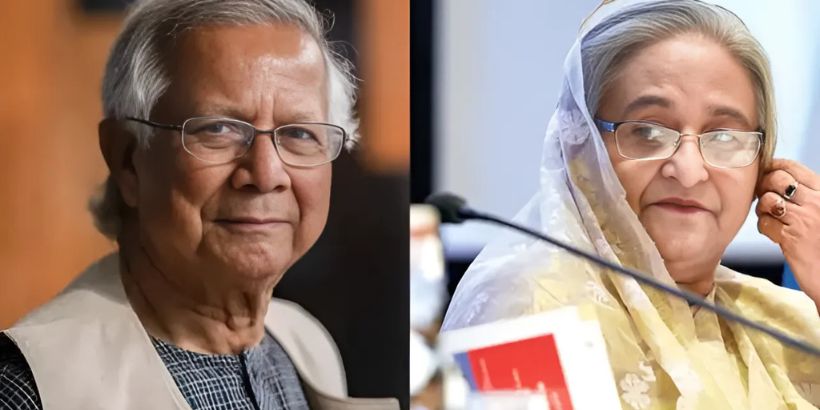The Government of India has announced that the next national census will be conducted in 2027. This is an important step for collecting accurate data about the country’s population. The census will take place in two phases. In the first phase, from April to September 2026, officials will collect information about houses and households. In the second phase, from February to March 2027, they will collect personal data from individuals living in those households.
For areas with difficult weather and terrain such as Jammu and Kashmir, Himachal Pradesh, Uttarakhand, and the northeastern states, the census process will start earlier, from October 1, 2026. This is to ensure that the process is completed before harsh weather conditions make it difficult to reach certain places.
Why Is This Census Important?
One of the major changes in the 2027 census is that it will be conducted digitally. This means that data will be collected using mobile applications, tablets, and online forms, instead of the traditional pen-and-paper method. Digital tools will help make the process faster, more efficient, and more accurate. Another important feature of this census is that it will include a caste-based survey. For the first time since 1931, the government will collect information on different castes, including Other Backward Classes (OBCs), in addition to Scheduled Castes (SCs) and Scheduled Tribes (STs). This is expected to help the government better understand the social and economic conditions of various communities and design welfare programs accordingly.
The data collected in the census will be used for many important purposes. It helps the government plan schools, hospitals, roads, and other infrastructure. It also plays a major role in deciding how government funds and benefits should be distributed. In addition, census data is used to decide how many seats each state gets in the Lok Sabha and in state legislative assemblies.
Read Also:- Off the Beaten Path: A European Summer with Minor Hotels
However, the census has also faced some criticism. It was originally planned for 2021, but was delayed due to the COVID-19 pandemic. Some political leaders have expressed concern that this delay may affect states with high population growth, particularly in terms of representation in Parliament. Critics have also raised concerns that delaying caste data collection could affect decisions related to reservations and social justice policies. Despite these concerns, many experts and social organizations have welcomed the decision to include caste data. They believe it will help the government identify and support communities that have been historically disadvantaged. By understanding the population more clearly, policies can be made more fair and effective.
The 2027 Census is an important event that will shape the future of development in India. With the use of technology and expanded data collection, it is expected to provide a clear and detailed picture of the population. This will help the government make informed decisions for the country’s progress and ensure that no group is left behind.
Latest News Supreme News Network COVID-19 pandemic
#PopulationCensus2027 #IndiaCensus #GovernmentNotification #DemographicsIndia #CensusUpdate #IndianPopulation





